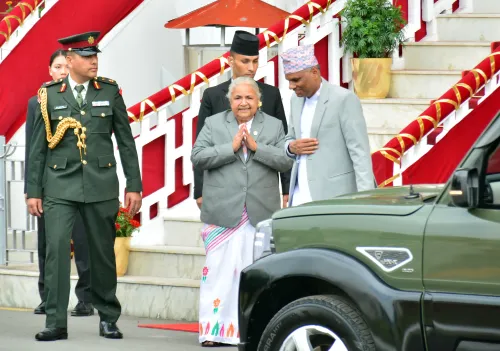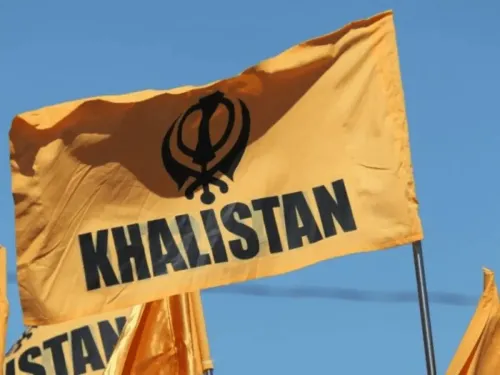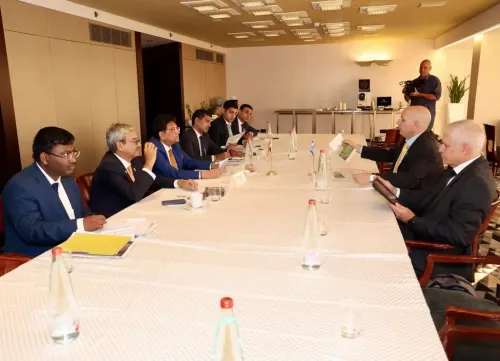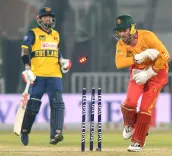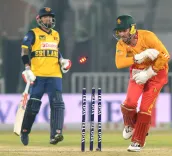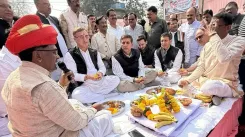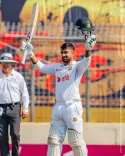Is Putin's Visit to the US a Sign of a Shift in US-Russia Relations?
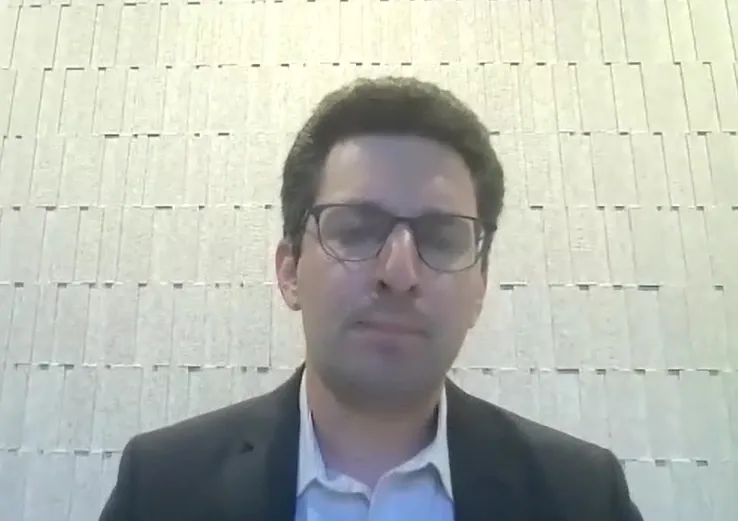
Synopsis
Key Takeaways
- Putin's visit to the US marks a significant diplomatic moment.
- Both leaders expressed a desire for improved relations.
- Ongoing tensions in Ukraine remain a primary concern.
- Europe's role in shaping negotiations is crucial.
- Domestic pressures are mounting for both leaders.
New Delhi, Aug 16 (NationPress) US President Donald Trump and Russian President Vladimir Putin reported advancements following nearly three hours of discussions aimed at approaching a resolution to the Ukraine conflict, yet no immediate ceasefire was declared. Trump labeled the dialogue as “highly productive,” but acknowledged that a final agreement was not achieved during the summit in Anchorage, Alaska.
In an exclusive interview with IANS, Arik Burakovsky, Associate Director of the Russia and Eurasia Programme at The Fletcher School, Tufts University, discussed the meeting and its potential impacts.
He emphasized the symbolic significance of the event, highlighting that this was the first occasion in a decade that Putin had set foot on American land. According to him, the visit could indicate a tentative reset in US-Russia relations, even amidst enduring mistrust.
Here are some highlights from the interview:
IANS: What is your immediate impression based on the statements made by both leaders?
Burakovsky: Both Trump and Putin seemed keen to create a favorable impression of their meeting, appearing satisfied with its outcome. From the outset, Trump welcomed Putin warmly on the tarmac, and the handshake was notably cordial.
Trump effectively rolled out the red carpet for Putin. While both leaders clearly appreciated the pageantry, the crucial question remains whether significant progress was achieved behind closed doors.
They acknowledged that some matters are still unresolved, which is unsurprising. In international negotiations, nothing is finalized until every issue is agreed upon. Thus, it is not unexpected that no substantial breakthroughs were reported. The focus will likely shift to broader discussions that encompass Ukraine and European partners.
The primary sticking point appears to be the Ukrainian territories currently under Russian control. Ukraine has firm demands that are unlikely to soften.
For progress to occur, Russia would need to moderate its maximalist demands and contemplate concessions. Nevertheless, the meeting was significant. It was open, high-profile, and historic as it marked Putin's first visit to American soil in ten years. This alone may suggest the potential for a reset in US-Russia relations, despite ongoing mistrust.
IANS: You mentioned Putin’s maximalist approach. In light of his repeated statements, do you foresee any alterations in Russia’s position? Is there any sign of softening, or could Russia still emerge as the primary beneficiary?
Burakovsky: I have not detected any notable shifts in Russia’s stance. Prior to the summit, there was speculation — particularly after businessman Steve Witkoff’s visit to Moscow — that Russia might soften its position. However, there’s no clear evidence supporting that theory. What’s noteworthy is that the summit was not solely a one-on-one meeting between Trump and Putin. Others were present, which added to the optics of serious negotiation rather than a personal encounter.
It’s possible that the US may be leaning toward greater concessions than before. Over the past seven months, the Trump administration has quickly conceded that Ukraine would not join NATO in the near future.
Washington has also reduced direct financial support to Kyiv, allowing European nations to shoulder more of the burden. The US provides military aid to Ukraine, primarily through European purchases rather than direct assistance. Concurrently, Trump has aimed to maintain economic pressure on Russia while expressing frustration over Moscow’s persistent bombardment of Ukraine.
Domestically, Putin faces challenges as well. The Russian public is increasingly fatigued by the war, which exerts political pressure, although perhaps not enough to compel him toward a ceasefire just yet. Economically, Russia can sustain the war for another year or longer, but sanctions, trade restrictions, and fiscal strains are undermining its stability.
Beyond economics, the human cost of the conflict is staggering. Ultimately, Russia may need to soften its position or make concessions. Within the Russian elite, there is already some discourse about whether to pursue peace or continue fighting for limited territorial gains in Donbas. For Moscow, the long-term benefits of prolonging the conflict are uncertain.
IANS: Europe has effectively been sidelined. Trump did speak to European leaders prior to the summit, but if the US and Russia have tentatively agreed on certain conditions, wouldn't that pressure Europe to accept whatever has been discussed?
Burakovsky: That is indeed a critical inquiry. Will Europe leverage its influence in shaping a peace agreement? The reality is that no accord can be executed without Ukraine’s consent — President Zelensky must be present for negotiations to conclude the war.
Europe finds itself in a complex situation. It provides both financial and military assistance to Ukraine, heavily relying on US support to maintain this. Importantly, Europe holds the key to Ukraine’s long-term future through eventual EU membership and the promise of reconstruction.
Thus, Europe possesses genuine influence. The question is whether European leaders will assert their concerns strongly or align with Washington to avoid being seen as the impediment to peace. If European leaders disapprove of what was tentatively agreed upon today, it could create tension with the Trump administration and complicate the path forward.
IANS: Recently, India was scrutinized for purchasing Russian oil and is now facing an additional 25 percent tariff, on top of an existing 25 percent. In light of today’s developments, do you think Trump will soften his stance on sanctions related to Russian oil? Could India anticipate some relief?
Burakovsky: It’s still premature to determine. Trump will want to retain the option of amplifying economic pressure on Russia, and one method for achieving that is sanctioning nations that persist in buying Russian oil. India occupies a unique position. It has adopted a stance of neutrality regarding the Russia-Ukraine conflict and remains a vital strategic partner for the United States. This renders Washington’s decision to impose a steep tariff — totaling 50 percent — particularly problematic. It strains US-India relations and complicates broader strategic cooperation.
Trump might soften his stance in light of India’s significance as a partner, but I do not foresee a complete withdrawal of sanctions pressure. Much will depend on the future trajectory of negotiations with Russia. If progress is made, there may be a possibility for easing restrictions. If not, India may continue to encounter pressure.

